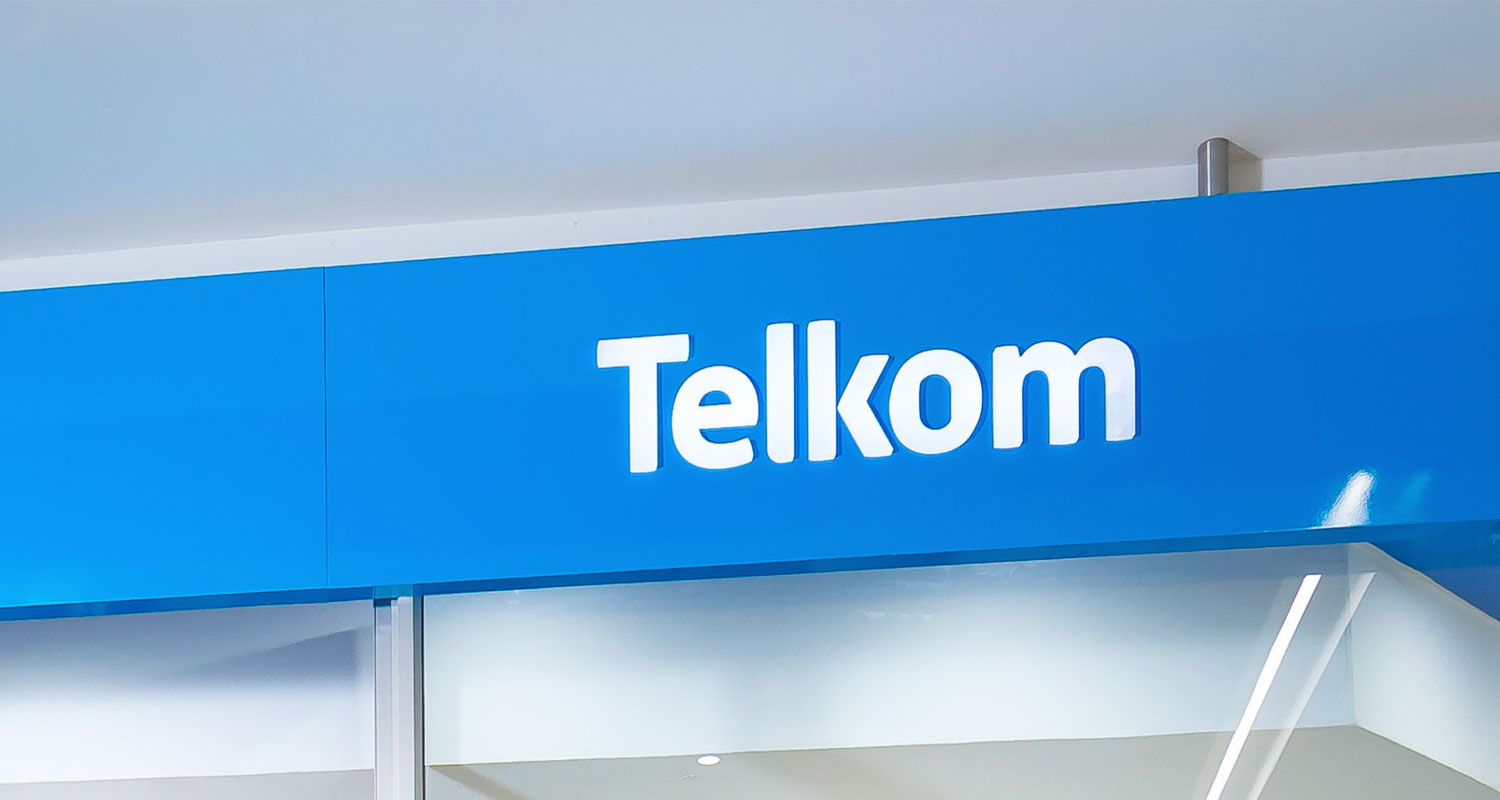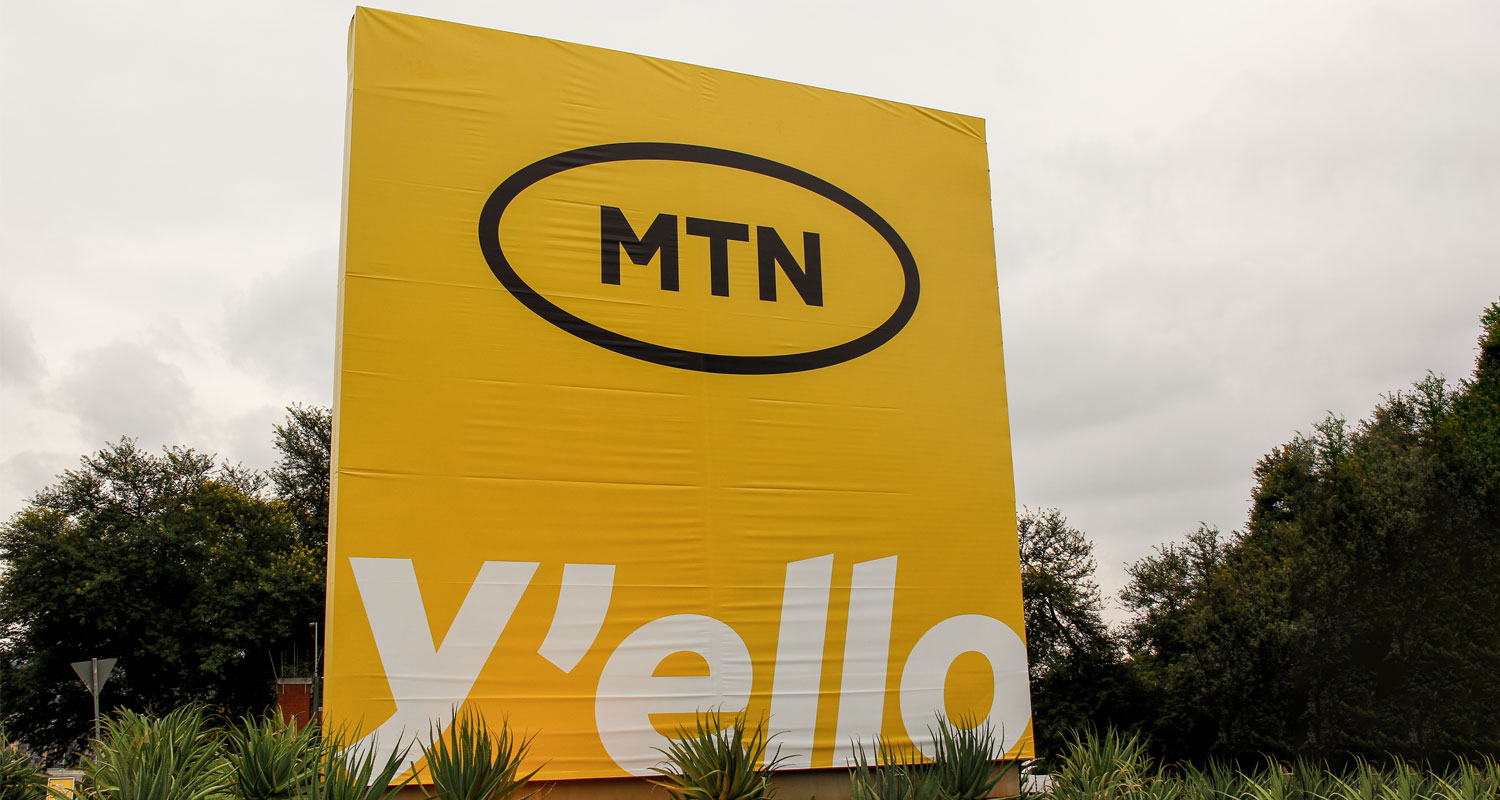
The idea of a pan-African telecommunications champion that has a large shareholding by the South African government looks likely to grease the political wheels of MTN Group’s audacious – and complex – bid to buy smaller rival Telkom.
And without political support, the deal simply won’t happen.
First, a quick recap: last week, MTN and Telkom disclosed to investors that they were in talks about a deal that would see the former buy the entire issued share capital of the latter – including government’s 40% direct stake.
This sent Telkom’s shares soaring more than 20% on the day (it’s since come back a bit), while MTN also rose by more than 5%. This clearly shows that investors believe that not only is there substance to the talks but also that there’s a reasonable possibility of a successful transaction.
At immediate face value, the deal looks bad for consumers – it would eliminate a market player that was responsible for driving down data prices in recent years. But things are more complex than they appear on the surface, and a transaction might not automatically be a negative. If it gets that far, it deserves thorough and open-minded interrogation by the competition authorities and by communications regulator Icasa.
First, though, any deal would require political support, in large part because government is by far Telkom’s largest shareholder and could easily torpedo a transaction.
It’s understood that the deal is being championed by MTN Group chairman Mcebisi Jonas, a former ANC finance minister who is believed to have the ear of the right people in government. Jonas and MTN’s group CEO, Ralph Mupita, have been lobbying hard behind the scenes for the transaction to happen.
Telecoms champion
And Jonas and Mupita might just persuade the politicians that a deal makes sense, that they’d be merging the companies to create an African telecoms champion. If the transaction is largely share based, as seems likely, then government would retain a significant “strategic” stake in the merged entity. That could serve to quieten the anti-privatisation ideologues in the ruling party.
Remember that government is already the biggest shareholder, albeit indirect, in MTN Group. Through the Public Investment Corp, which invests civil servants’ pension savings, it owns 23% of MTN. The PIC also has a 14% stake in Telkom, making it a key player in any transaction and a significant shareholder post-transaction.
Also, Cyril Ramaphosa was chairman of MTN Group for many years before becoming South Africa’s president – he knows the business well and probably still has something of a soft spot for it.
After the political issues are sorted out, the next hurdle will be getting the transaction past trade, industry & competition minister Ebrahim Patel and his enforcers at the Competition Commission, who have taken a dim view of previous efforts at consolidation in the sector. This includes blocking a previous effort between MTN and Telkom to share their radio access networks (the bits that use radio frequency spectrum to connect consumers to the core infrastructure). But with political backing for a deal, would the competition authorities automatically want to block a deal this time? Probably not – though they could still attach onerous conditions.
 It’s been suggested elsewhere that Telkom should be forced to divest of its mobile network – to run as a standalone operation, or to be bought by someone else. But that doesn’t make sense. Telkom is already struggling to keep up in mobile versus well-resourced rivals in MTN and Vodacom; the mobile unit left to fend on its own would probably not flourish. And there isn’t likely to be a long line of suitors to buy Telkom Mobile either. Certainly, Vodacom, one of the few local operators with pockets deep enough to buy it, wouldn’t be allowed to do so: it’s already the biggest mobile network in South Africa.
It’s been suggested elsewhere that Telkom should be forced to divest of its mobile network – to run as a standalone operation, or to be bought by someone else. But that doesn’t make sense. Telkom is already struggling to keep up in mobile versus well-resourced rivals in MTN and Vodacom; the mobile unit left to fend on its own would probably not flourish. And there isn’t likely to be a long line of suitors to buy Telkom Mobile either. Certainly, Vodacom, one of the few local operators with pockets deep enough to buy it, wouldn’t be allowed to do so: it’s already the biggest mobile network in South Africa.
Yet the Competition Commission is going to want to be seen to be doing what it can to protect consumers. One option is to require the merged MTN and Telkom mobile assets to be offered to other market players on an open-access basis. If it comes to it, this requirement is likely to be imposed.
This would mean clawing open the infrastructure to greater competition, opening it to Internet service providers in much the same way ISPs are able to provide fibre broadband services to consumers on the Telkom Openserve and Vumatel networks. The Internet Service Providers’ Association has been demanding this for years; expect it to lobby hard for this position at any future Competition Commission hearing on an MTN/Telkom deal.
Vodacom has already agreed to make its fibre assets available on an open-access basis to secure the CIVH deal. Why not require MTN to agree to similar terms on mobile? This single regulatory intervention would likely have a huge impact on competition in the mobile industry. Heck, MTN might even be in favour of open access in mobile if it helps them win customers from Vodacom, even if indirectly through partners.
If the communications regulator gives its the go-ahead, it will have to figure out how to approach the thorny issue of spectrum
There’s also the matter of employee layoffs. Although Telkom has shed thousands of staff in recent years, it is still bloated. The Competition Commission may prohibit retrenchments for several years in return for sanctioning a deal. This will diminish some of the efficiencies MTN will want to extract from a combined entity, but many staff will go over time anyway, through natural attrition. Any excess headcount can be reduced when the restriction lifts – as has happened in other deals in the sector, such as with Telkom’s acquisition of technology services business BCX. MTN will just have to be patient.
The next regulator that will have to give its approval to the deal is Icasa. If the communications regulator gives its the go-ahead, it will have to figure out how to approach the thorny issue of spectrum. Spectrum trading is outlawed in South Africa, meaning MTN can’t simply buy Telkom’s spectrum assets. A (risky) solution might be for MTN and Telkom to agree to hand back their mobile spectrum assets to Icasa for re-allocation to them (and to others?). If that were to happen, expect a proper industry bunfight over who gets access to what. There may be other ways to get around the spectrum restrictions, but they’re not immediately clear. The merging parties may have no other option than having Icasa take back and reissue their spectrum.
Of course, MTN’s pursuit of Telkom is not only about mobile. In fact, it may be more about the yellow company’s need to acquire a fixed-line broadband network. Vodacom, through the CIVH deal, will quickly emerge as a major player in fibre broadband in South Africa, leaving MTN far behind.
Lucrative
MTN needs to be a big player in fibre, too, and there is no doubt that this is a driving factor behind its decision to approach Telkom. Telkom still has a legacy copper network, which MTN won’t want, but that’s being shut down fast, leaving a large and expanding (and lucrative) fibre network into homes and businesses.
There are other parts of Telkom that MTN might be less interested in. The perennially low-margin BCX might not be deemed to be core to MTN, even though it could give it better access into corporate accounts in South Africa. Telkom has already hinted it might seek a strategic partner for BCX, possibly one of the big Indian IT services companies. It seems unlikely there’d be any objection to that from MTN.
MTN is also unlikely to have much interest in Telkom’s property portfolio, Gyro, or its masts and towers business, Swiftnet. Telkom has been investigating separate listings or asset sales related to Gyro and Swiftnet, and that strategy is unlikely to change under MTN control. MTN has already sold its own towers in South Africa, so it’s unlikely to want to hang onto Telkom’s.
Will a deal happen? There are big hurdles that need to be overcome, mostly political and regulatory in nature. But they’re not insurmountable, especially if the companies are able to secure political backing – which they might already have done.
 There’s also the concern that Telkom could find itself in increasing difficulty in the years ahead. It’s already snatched the low-hanging fruit in mobile, and now faces a war of attrition with its bigger rivals that it simply cannot win. It can’t keep up with MTN and Vodacom’s capex spend in mobile: currently R20-billion between the two companies every year.
There’s also the concern that Telkom could find itself in increasing difficulty in the years ahead. It’s already snatched the low-hanging fruit in mobile, and now faces a war of attrition with its bigger rivals that it simply cannot win. It can’t keep up with MTN and Vodacom’s capex spend in mobile: currently R20-billion between the two companies every year.
Ultimately, Telkom will find it increasingly difficult to compete with the big boys in an industry that requires very deep pockets. A stronger MTN, one that can compete more effectively with market leader Vodacom, might ultimately be a better story for consumers than allowing Telkom to flounder.









